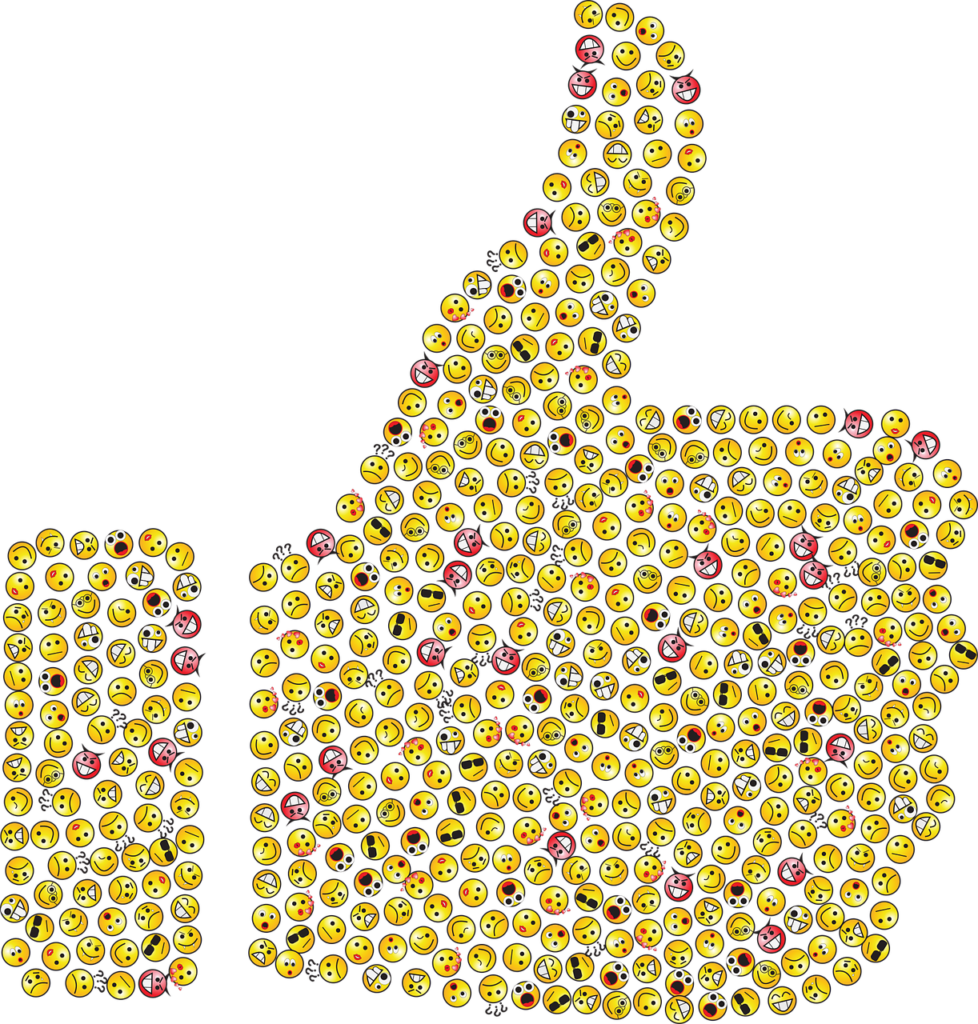It happened in Canada, and someone lost out on nearly €60,000
An emoji is the equivalent of signing a contract, even without the paper listing the terms of the agreement and even without the pen needed to sign the pact. The unprecedented modality comes from Canada, precisely from a judge in the province of Saskatchewan, more than 3,000 kilometres north-west of the capital Ottawa, and marks an important precedent that will have to be taken into account in all future legal diatribes involving emoji.
The one that led to the court clash between South West Terminal Ltd and Achter Land & Cattle Ltd was the most popular and widely used of the hundreds of emoji available today: the thumbs up, which, as we shall see, is not always and everywhere synonymous with acceptance. A misunderstanding cost the duel’s loser 82,200 Canadian dollars, corresponding to just under €56,500, including damages, interest and court costs.

Breach of agreements, thumbs-up guilt
At the centre of the case is a cargo of 86 tonnes of grain, offered at 17 Canadian dollars for bushel, the unit of measurement for liquids used in the US, UK and Canada, equivalent to about 35.2 litres. It was 2021 when farmer Chris Achter received a request to deliver the cargo in November, plus a photo of the contract and a message asking him to confirm the deal. Achter’s response was the thumbs-up emoji, but then the grain never reached its destination, so after the post-harvest price increase, the company sued the farmer for breach of contract agreements, sealed by the emoji in question.
Achter challenged the judge’s decision arguing that the emoji only indicated that he had received the contract by text message, adding that he needed more time to examine the proposed agreement, which he expected to receive by fax or email. On the other hand, the other party considers the verdict adequate precisely because the reply with the emoji came after the request to confirm the contract.
“While recognising that it is not a traditional way of signing a contract, in these specific circumstances the emoji is a valid method,” said Judge Timothy Keene, agreeing with South West Terminal Ltd. The particular situation described refers to the precedents between the two parties. Achter repeatedly responded to requests with a single word or colloquial expressions such as ‘yup’, ‘ok’, ‘sounds good’. Added to this is the evolution of language, summarised by Keene in the court’s inability to ‘try to curb technology‘, perceived as a ‘new reality’ with which everyone, including the judiciary, has to deal.

A precedent that opens up unpredictable scenarios
Considering an emoji as a contract signature opens up unprecedented scenarios that are difficult to assess. Firstly, one would have to find an unambiguous valence for the thumbs-up, a symbol used sarcastically or as a confirmation of having received something. At the same time, it represents an offensive gesture in some Middle Eastern countries.
On the other hand, clearing an emoji also means opening the door to the other most popular smilies, starting with the raised fist and the handshake. And on this aspect, Judge Keene said that ‘justice cannot and should not attempt to stem the tide of technology that has entered into common use’.
While the case may surprise us, mere mortals, the verdict appears fair to legal specialists. “When you dig into the facts surrounding the case, I think the court came to the correct conclusions, and the decision reflects the adaptation of the courts to modern commercial realities,” said lawyer Michael Conlon.
He said, ‘the court concluded that this closely followed the pattern already established between the parties and held that a binding contract had been entered into’. However, even for the legal expert, doubts still need to be made about how similar cases should be handled. “I don’t think this decision necessarily means that anyone who sends a thumbs-up emoji via text message has to worry about having entered into a binding contract.” Conlon may be right, but now you know what you can get into when you share an emoji. So be careful!



